WEBINAR
Deep Groove Ball Bearing
Learn MoreIn the medical field, the role of bearings cannot be underestimated. They are used in a wide range of medical devices, from precision imaging equipment such as CT scanners and MRI machines, to surgical robots, dental tools, critical treatment and monitoring equipment such as dialysis machines and infusion pumps. In these applications, bearings are responsible for ensuring the smooth, accurate movement of equipment components, which is critical to achieving high-precision diagnosis and treatment.
Bearings in medical devices must meet the requirements of high precision and reliability , as any motion error or failure can pose a serious threat to patient safety. For example, in surgical robots, the accuracy of the bearings has a direct impact on the precision and success of the operation. At the same time, these bearings also need to have long-term stability and durability to minimize maintenance requirements and extend equipment life, which is especially important in the healthcare industry, where equipment maintenance and downtime can lead to the interruption of critical services.
In addition, Considering the specific nature of the medical environment, bearings in medical devices need to accommodate strict hygiene standards and chemical sterilization processes. As a result, they are often manufactured from corrosion-resistant materials and designed with efficient sealing systems to prevent contamination.
In conclusion, the role of bearings in medical equipment is crucial to improving the accuracy of diagnosis and treatment, ensuring patient safety and enhancing the overall quality of medical services. The performance and innovation of bearings have largely impact the progress of medical technology and the effectiveness of medical services.
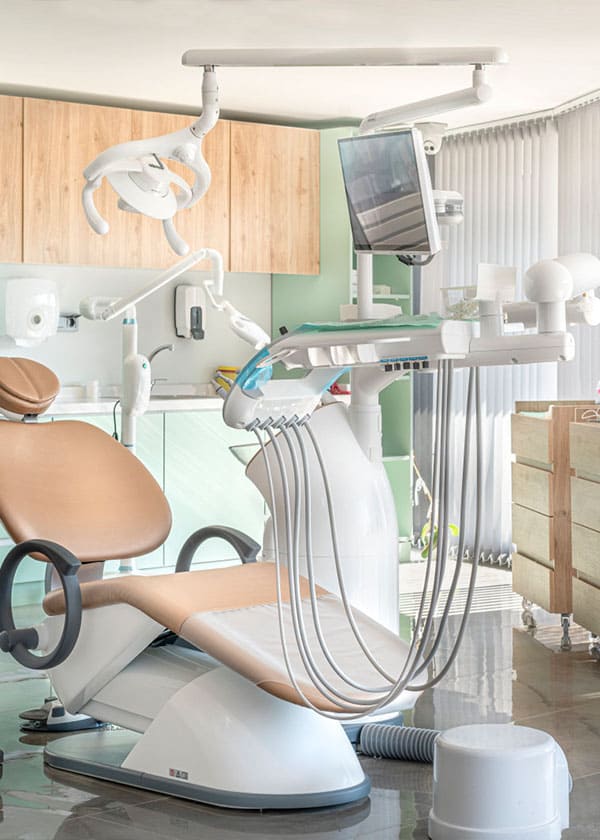
Medical equipment requires extremely high operational precision and reliability to ensure accurate diagnosis and treatment. Bearings must provide precise guidance and stable operating performance in these applications.
In medical environments, especially in places where quiet operation is required (such as hospitals and clinics), bearing noise and vibration must be minimized to avoid causing disruption to patients or medical processes.
Certain medical devices require operation in a sterile or highly controlled environment. Therefore, bearings need to be compatible with clean room conditions and not release any particles or gases that could contaminate the environment.
Medical equipment requires cleaning and disinfection frequently. And is exposed to corrosive cleaners and disinfectants sometimes. Therefore, bearing materials need to have good corrosion resistance to maintain stable performance and extend service life.
For medical devices that come into direct or indirect contact with the human body, bearing materials need to be biocompatible and not cause any adverse biological reactions.
To keep medical equipment clean and sterile, bearings need to be designed for easy cleaning and maintenance, ensuring that all contaminants can be effectively removed.
With the development of portable medical equipment and surgical tools, there is an increasing demand for miniaturization and lightweight of bearings to improve equipment flexibility and patient comfort.
Due to the diversity of medical equipment and the unique needs of specific applications, bearings often need to be customized for specific applications to meet special performance requirements.
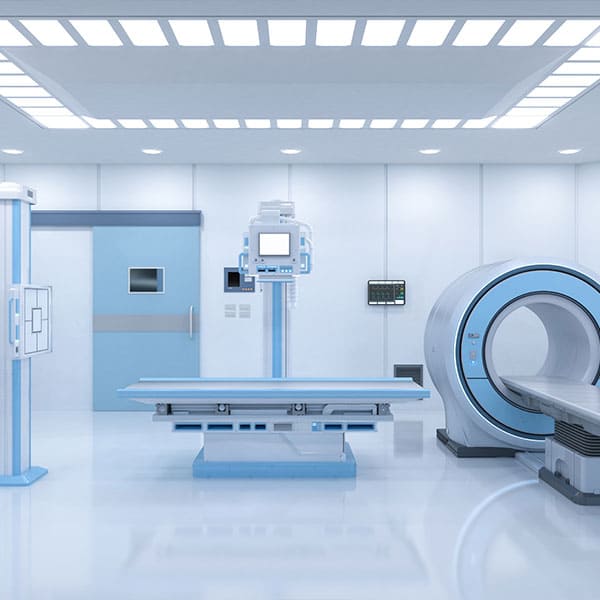
In medical imaging fields such as CT scanning, MRI and X-ray equipment, the role of bearings are to ensure precise and smooth movement of imaging components. These high-precision bearings allow the imaging equipment to capture high-quality images, which in turn helps doctors make accurate diagnoses. Bearings in these devices not only require extremely higher running accuracy, but also require low friction and low vibration to prevent any small motion errors from affecting image quality.
Bearings which used in medical imaging equipment are typically high-precision cylindrical roller bearings or ball bearings that offer high-speed operation and extremely low coefficients of friction. These characteristics are important to minimize heat generation and noise when the equipment is in operation, thereby enhancing patient comfort and safety.
● Type of Bearing: High precision cylindrical roller bearings and ball bearings.
● Features: High speed running capability, low friction and low noise.
● Advantages: Improve imaging quality and reduce equipment maintenance.
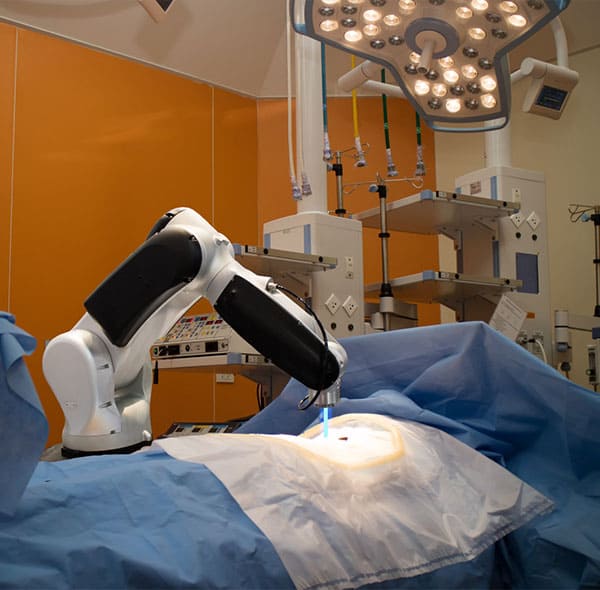
In the medical field, the development of surgical robots represents the cutting edge of technology, and they have dramatically improved surgical outcomes by providing precision and stability beyond the possibility of human hand. In these highly complex and sophisticated devices, bearings are the key to precise manipulation and movement. They enable fine, smooth and controlled movements of the robot's arms and tools to perform precise cuts, sutures and manipulations in minimally invasive surgery.
Bearings used in surgical robots are often high-precision miniature bearings that must be extremely precise and reliable. They need to remain stable for long periods of time in medical environments while withstanding the complex dynamic loads of the surgical process. In addition, these bearings need to be designed with low friction and low vibration to minimize patient discomfort and improve surgical precision.
● Type of Bearing: Miniature precision bearings, crossed roller bearings.
● Features: Extremely high precision and rigidity, adapted to complex movements.
● Advantages: Enhanced surgical precision for improved the safety of patients.
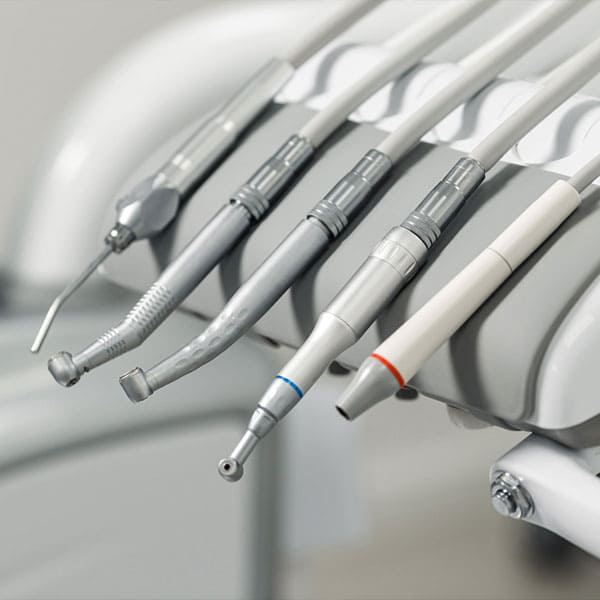
In dentistry and surgery, precision tools such as dental drills and surgical knives of all kinds play a crucial role. The efficiency and precision of these tools have a direct impact on the quality of treatment and patient safety. The use of bearings in these devices is critical, as they ensure smooth, high-speed rotation and precise control of the tools. In dental drills in particular, bearings must be able to withstand the loads generated by high-speed rotation while maintaining low friction and heat generation to improve treatment efficiency and minimize patient discomfort.
Bearings used in dental and surgical tools are typically high-precision miniature deep groove ball bearings that are designed to enable high-speed, high-precision operations. The high performance of these bearings is important to minimize tool vibration, which not only affects the accuracy of the procedure, but also associated with patient comfort and treatment outcomes.
● Type of Bearing: miniature deep groove ball bearings.
● Features: High-speed rotation capability, precise control.
● Advantages: Enhance surgical efficiency and treatment quality.

Bearings are widely used in automobile engines, transmission systems, wheels and other critical components to support rotational motion and reduce friction.

In the energy industry, such as wind power, solar power and traditional power plants, bearings are used to support turbines, fans, generators and other equipment.

The field of heavy machinery manufacturing such as excavators, loaders, excavators, etc. Using bearings to support and rotate various moving parts.

Bearings are used in train and subway systems to support wheels and other moving components.

In marine and marine engineering, bearings are used to support ship engines, propellers, transmission systems, etc.

Bearings play a vital role in the design and operation of robotic arms. They not only ensure the smooth and precise movement of the robotic arm, but also have a direct impact on improving the performance, reliability and efficiency of the robotic arm.
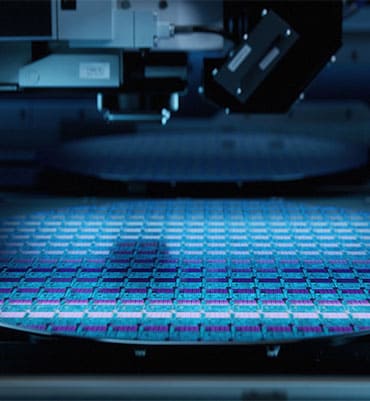
Bearings are also often used in electronic equipment, such as computer hard drives, printers, and optical drives.
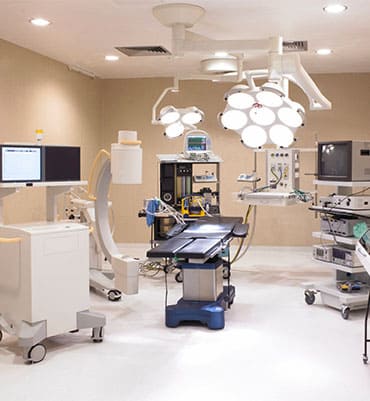
In medical equipment, such as scanners, X-ray machines, and surgical equipment, bearings are also be required.

The aerospace sector uses bearings to provide support in equipment such as aircraft landing gear, wing controls and satellite panels.
Call for online customer support get FREE BEARING SAMPLE
Online Quotation